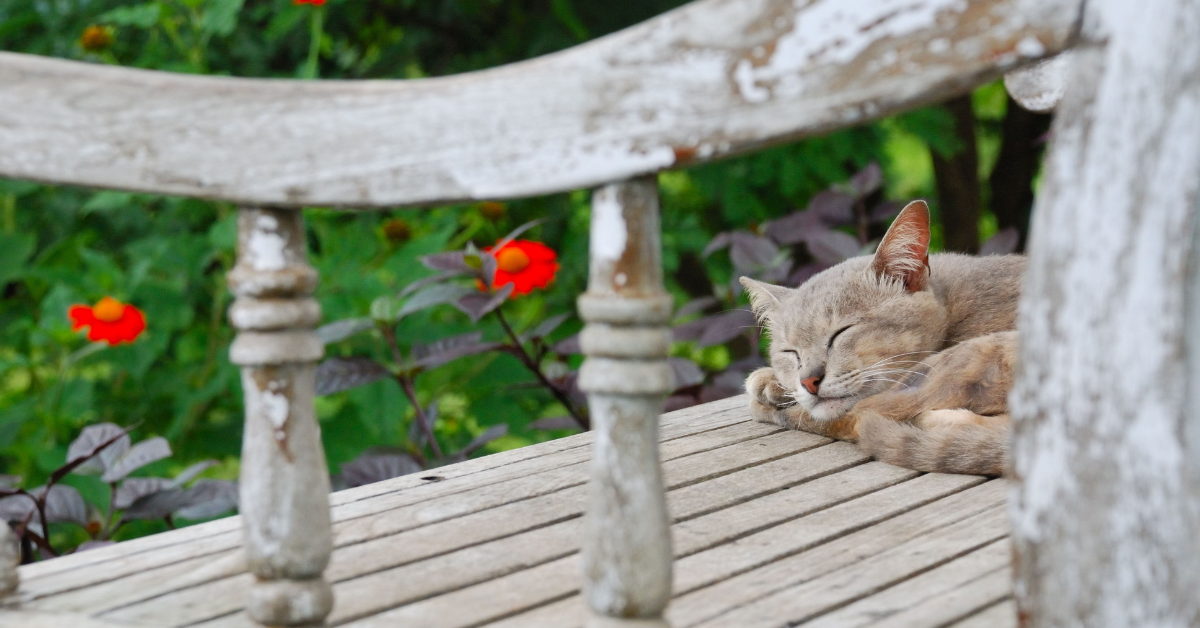
Planting a Pet-Friendly Garden
Many pets will eat anything, unaware of the potential consequences of sampling objects outside of their food bowls, so it is up to us to protect them from dangerous substances. Even plants that seem harmless — and may be completely safe for humans — can be extremely dangerous if consumed by our animal friends. Keep your pets in mind, and know what to avoid, when planning your summer garden or bringing plants into your house.
Before introducing any new plants to your garden, you should find out if it is safe to have around your animal friends. Some of the more common plants that are toxic to pets include:
- Aloe Vera
- Sago Palm
- Amaryllis
- Begonia
- Azalea
- Tulip
- Chamomile
- Carnation
- Oleander
- Daffodil
- Dhalia
- Morning Glory
- Cyclamen
- Foxglove
- Nightshade
If possible, avoid these plants to grow a pet-friendly garden. If any dangerous plants are in your home or garden, keep them out of reach of pets. Symptoms of consumption of these plants can vary from nausea and vomiting to liver failure and death. For a more comprehensive list of plants that are toxic and non-toxic to dogs, cats, or horses, and to learn more about the dangers posed by each toxic species, please visit https://www.aspca.org/pet-care/animal-poison-control/toxic-and-non-toxic-plants.
Being a pet parent doesn’t mean you need to give up gardening, however! There are many beautiful flowers that are completely safe for your furry friend, so you can grow them with peace of mind. Here are a few plant options that are non-toxic to dogs, cats, and horses:
- Pansy orchid
- Petunia
- Zinnia
- Sunflower
- Rose
- African Violet
- Snapdragon
- Nasturtium
- Camellia
Additionally, create a pet-friendly environment by being mindful of chemicals and tools used in your garden. Always put away sharp tools, out of reach of pets, when not in use. Keep your pets off your lawn or garden after applying any chemicals, and read labels on pesticides and fertilizers to select the safest ones.
If you suspect that your pet has eaten a plant that he shouldn’t, save a sample of the plant for identification and contact your veterinarian or the Animal Poison Control Center at 1-888-426-4435.
Happy gardening!






